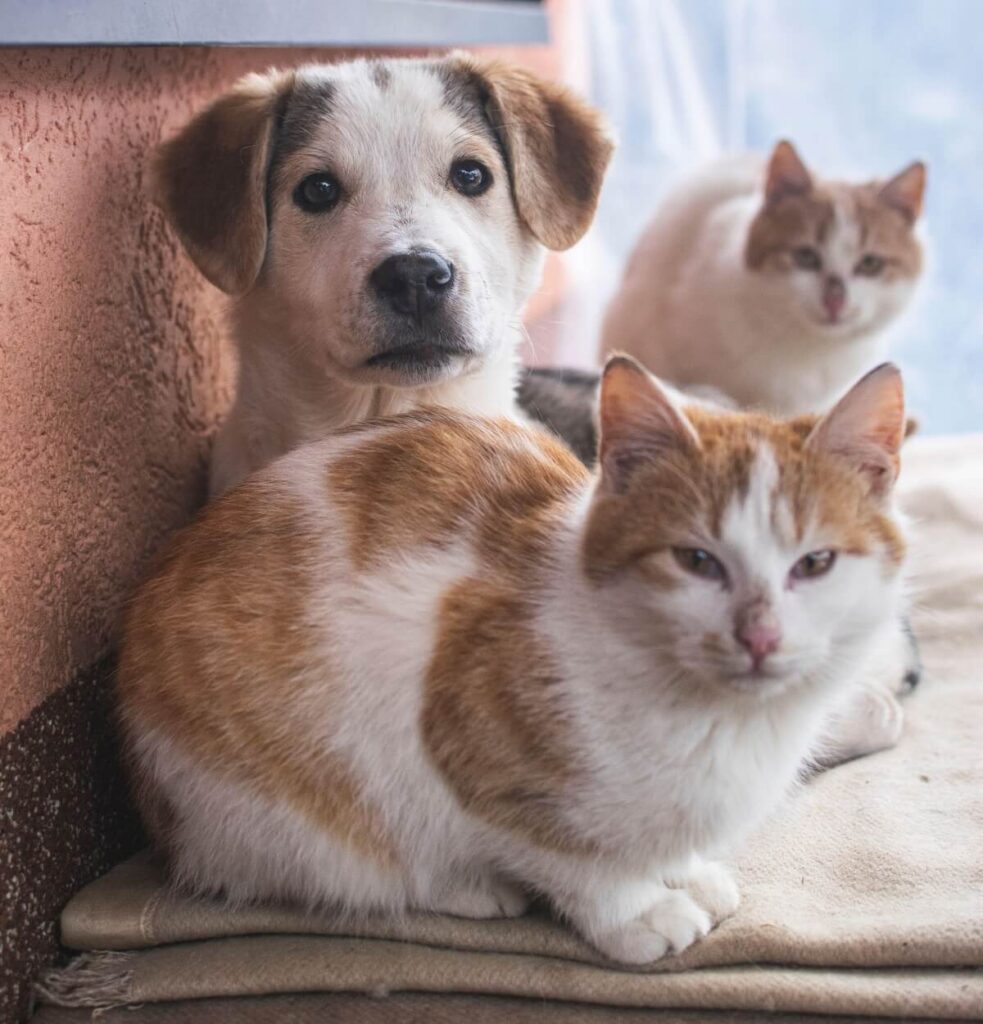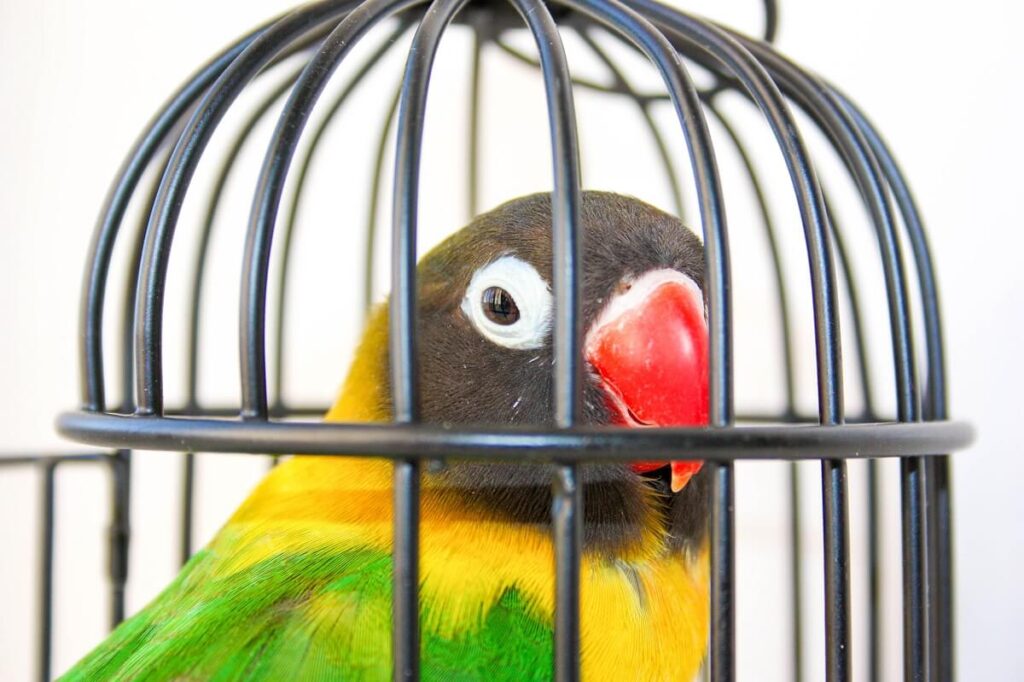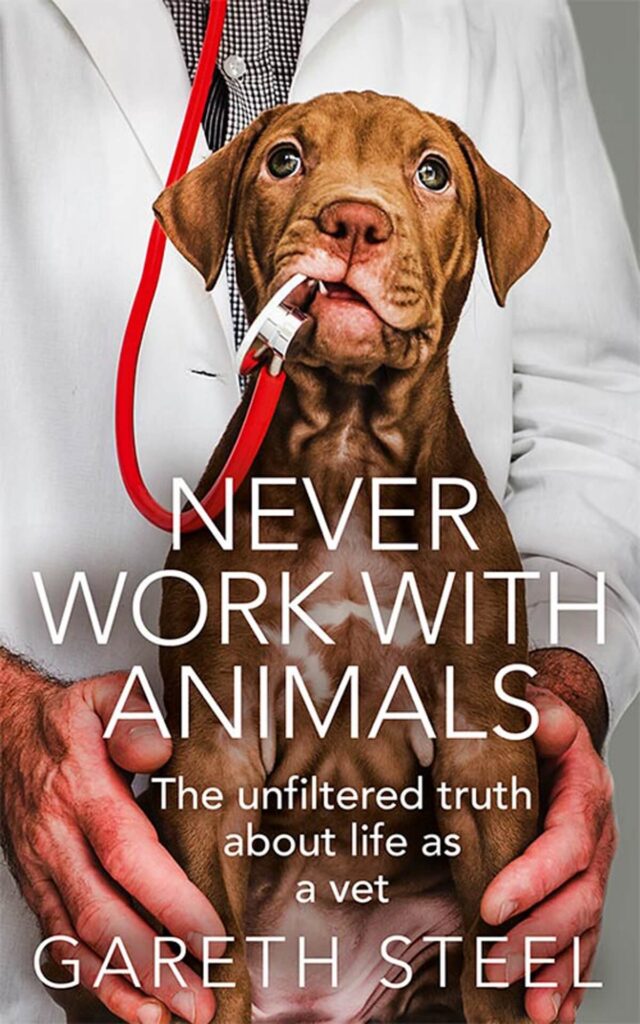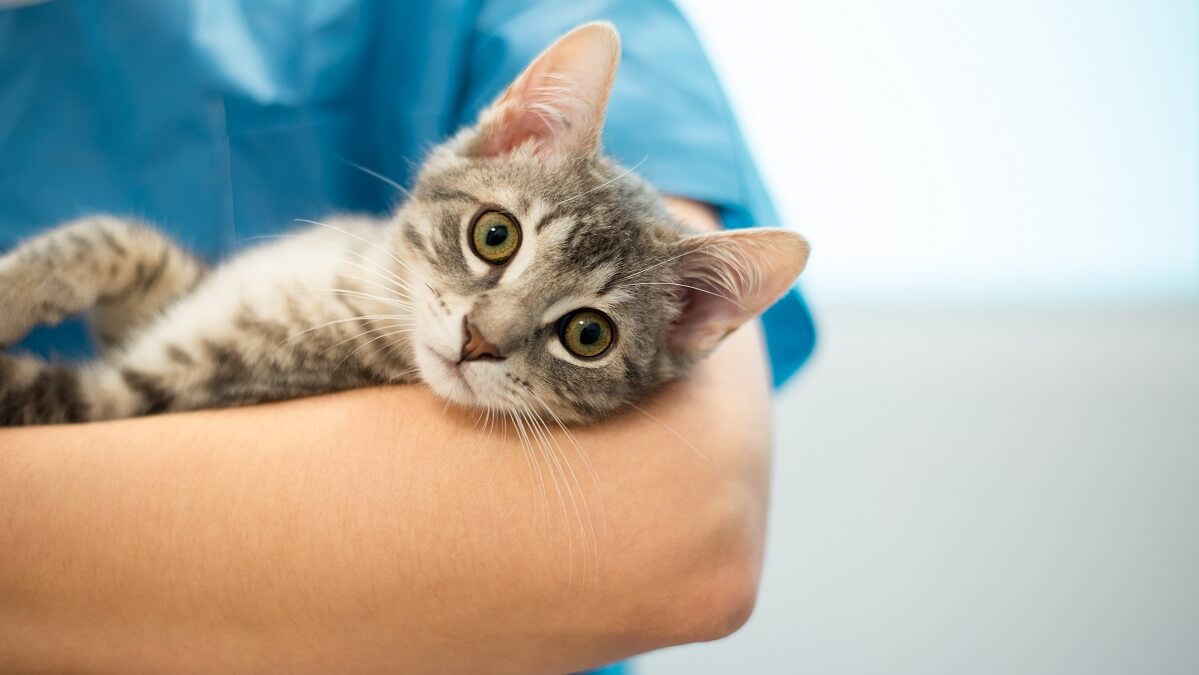Anyone who has ever had to take their pet to the vet will know that, unless you have insurance, it can mean a huge dent in your pocket. Whether it’s for vaccinations, minor injuries or major surgery, you could be left with a large bill at the end.
Some people simply cannot afford the hundreds or thousands of dollars it costs to keep a pet healthy and this is something Gareth Steel has had to contemplate during his 20 years as a practising vet.
“Two words of advice for pet owners: get insurance,” Dr Steel advises in his new memoir, Never Work With Animals, about his life as a vet. The best care is very expensive, he warns. “The problem with veterinary medicine is that pets are worth – prepare for a shock – what we think they are.”

He’s been confronted with both extremes. Having to put a dog to sleep because the owner couldn’t afford the $122 for necessary treatment. And throwing $900 of treatment at a severely ill rabbit with a tiny chance of survival that, as expected, didn’t make it – but the owners had been adamant they wanted to try everything.
Veterinary medicine has come on leaps and bounds, he agrees, but MRI scans, joint replacements, spinal, heart and brain surgery all costs money in research, materials, time and education.
He offers the following advice to prospective and new pet owners who want to keep their vet visits to a minimum.
1. Carefully select your pet
“Rather than looking at the appearance of the animal, look at the lifestyle of the animal. For example, if you compare a sighthound such as a lurcher with a border collie, sighthounds will sleep for the vast majority of the day, then you take them to the beach and they will run around like lunatics and will sleep for the rest of the day. They don’t have a lot of intellectual demands.
“Border collies need a lot of exercise but they need a lot of intellectual stimulus as well. You have to consider what the animal requires to be happy,” Dr Steel says.
“Some people have animals such as terrapins or exotics in tiny enclosures, which can’t be healthy for them,” he continues. “You need to look at the size of enclosure they need and if you can realistically provide it for them.”
2. Avoid certain breeds
“French bulldogs are incredibly popular but they have enormous health problems and the same with British bulldogs. A lot of these animals suffer rates of ill health that are astronomically higher than, for example, a Heinz 57 mixed breed,” Dr Steel advises.
Read: Vet shares his list of the worst dog breeds to own
3. Buy a book on welfare before you buy a pet
“Either get a good book or approach the RSPCA, which has fact sheets on the most common pets, to get an appreciation of the basic care needed for these animals. Understand if you can provide it and seek to provide it once you understand it. Engage with your local vet, who will offer advice.”
4. Cats might be higher maintenance than you think

“Cats tend to be happy in their own company for fairly long periods of time. They are often quite happy being solo. That said, if you have a lot of cats in a household, that can cause stress because cats like their own space, they like to have options. If they are forced into sharing territory with another cat they don’t get on with, that will cause problems. It can lead to behavioural problems and urinary tract disorders.”
5. Beware of your choice of pets for children

“Getting small furry animals or exotics for kids is not a great idea. They are often not great pets because they don’t necessarily like to be stroked or handled. They also have quite complicated needs. For example, rabbits need to be regularly cleaned out, they need to be a bonded pair if possible, they need space and a correct diet.
“The big thing with kids is the education. If the child says ‘I want a parrot’, find a good documentary to show them the natural habitat of a parrot – in the jungle with plenty of space, interacting with other parrots and being intellectually stimulated.”
6. Seek help early
“If your pet is unwell, engage with your vet early. For example, we see bad ears a lot. Often when the animal comes in, the owner has tried various concoctions they’ve bought online as a cost-saving strategy. When you talk to them, they’ve often spent a lot of money on various things that are totally unsuitable. It’s a false economy – because the vet consultation and correct treatment may cost less than the products they bought.”
7. Get your pet vaccinated

“Diseases are often viral, we don’t have great treatments for them and the fatality rate is often high. For example, a routine set of vaccinations for your puppy will probably cost between $100 and $175. Treating your puppy for parvovirus will probably cost no less than $2000.”
If you are getting insurance, he advises:
1. Read the small print. “Some insurance schemes are limited by the total amount they will pay out in a year. Others are limited by disease, paying out a certain amount per condition per year.”
2. Double check exclusions. “Your insurance might be cheap, but some providers will exclude a condition after a year. So, say your animal gets diabetes, at the end of the year you will no longer be covered. Get a policy that covers your animal throughout life,” he advises.
Read: Is DNA testing of dogs taking the love affair too far?
3. Be realistic. “Sit down and work out what you realistically want for your pet. Say, for instance, it had a spinal issue, would you want to be able to offer that animal surgery? If so you’ll need between $8700 and $12,000 cover. That immediately rules out a lot of options.”

Never Work With Animals by Gareth Steel is published by HarperElement, available now.
Do you have a pet? Do you have any other tips you would add to this list? Let us know in the comments section below.
Read: Pets that live the longest, so you can minimise sad farewells

